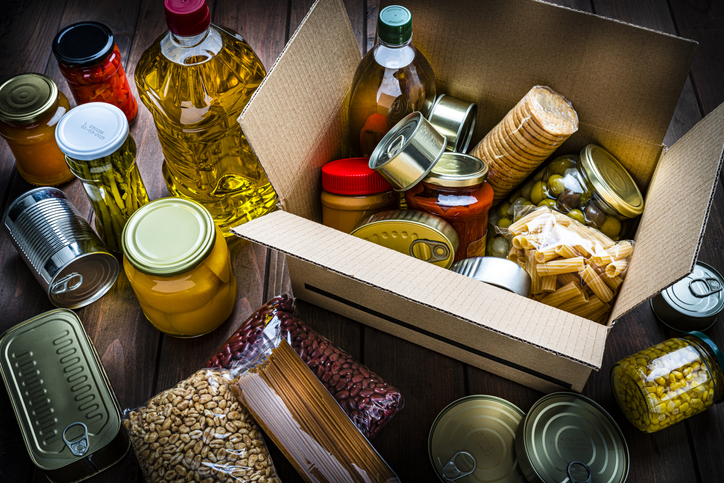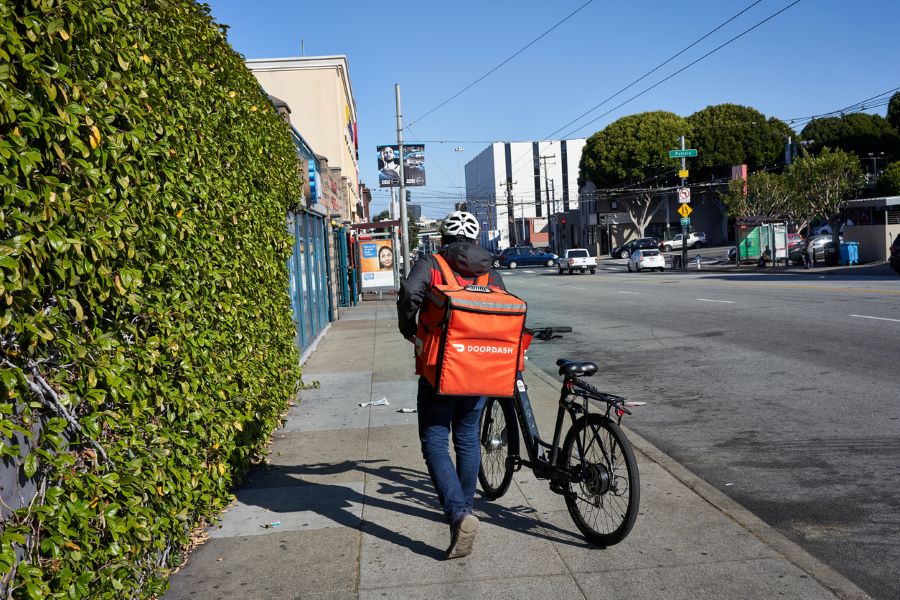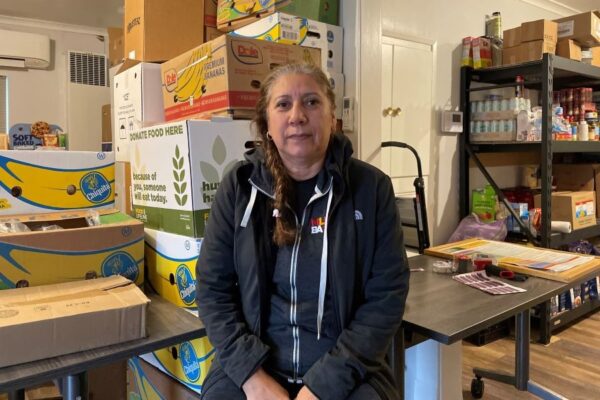United Way’s Home Grocery Delivery Program Still Going Strong!
This blog post was written by Olivia Schwartz, United Way AmeriCorps Food Security Collaborator VISTA.
United Way of King County’s Home Grocery Delivery Program delivers grocery boxes to almost 4,000 households each week, in partnership with King County food banks, Cascadia Produce, DoorDash, and Amazon. This service seeks to address food insecurity in many King County communities by bringing fresh and culturally relevant food directly to the doorsteps of households in need.
United Way launched the Home Grocery Delivery Program in July of 2020 in response to the COVID-19 pandemic, when in-person food assistance was largely unavailable.
A 2023 survey of the program’s recipients revealed that:
- 72% identify as Black, Indigenous, or other people of color.
- 51% live in households with seniors.
- 50% live in households with a disabled individual.
This initiative plays a pivotal role for those unable to access food banks due to a lack of transportation, time constraints, or other barriers. United Way’s Home Grocery Delivery Program team recently met with several program participants to learn about their experiences.
For Shawnte Haythorne, the Home Grocery Delivery Program has become a lifeline, especially when considering her responsibilities at work and the need to care for her disabled children. Her salary disqualifies her for the Supplemental Nutrition Assistance Program (SNAP), though it is not high enough to ensure ongoing food security for her family.
At her local food bank, lines start forming hours before they open, and many people do not have the time to wait in line for hours to get food.

“The bottom line is transportation and time… nobody has time to wait two hours for food,” Haythorne points out. By having her groceries delivered from the food bank, Haythorne saves time and money that can be put toward her family’s other basic needs.
Home Grocery Delivery Program recipients, particularly those living alone with permanent disabilities, laud its reliability and accessibility. Many depend on deliveries each week, often at times when they are low on food and cannot get to a food bank or grocery store without caregivers. For so many with disabilities, grocery delivery is not a convenient luxury but a necessity for equitable access.
For Carole Baker, a mother of four, the deliveries are a “blessing.”
While she is enrolled in SNAP, her monthly benefit is only $16—not nearly enough to cover her family’s grocery bills. She appreciates the fresh produce and meats in her weekly delivery, which significantly cut down on her expenses. She has also encouraged others in her community to join the program and continues to spread awareness about it.
The Home Grocery Delivery Program, with its promise of doorstep delivery, has huge impacts on the lives of its recipients. From saving valuable time and money to decreasing barriers for those with disabilities, food bank home deliveries meet the critical needs of those experiencing food insecurity. For more details on the program, click here.



Comments